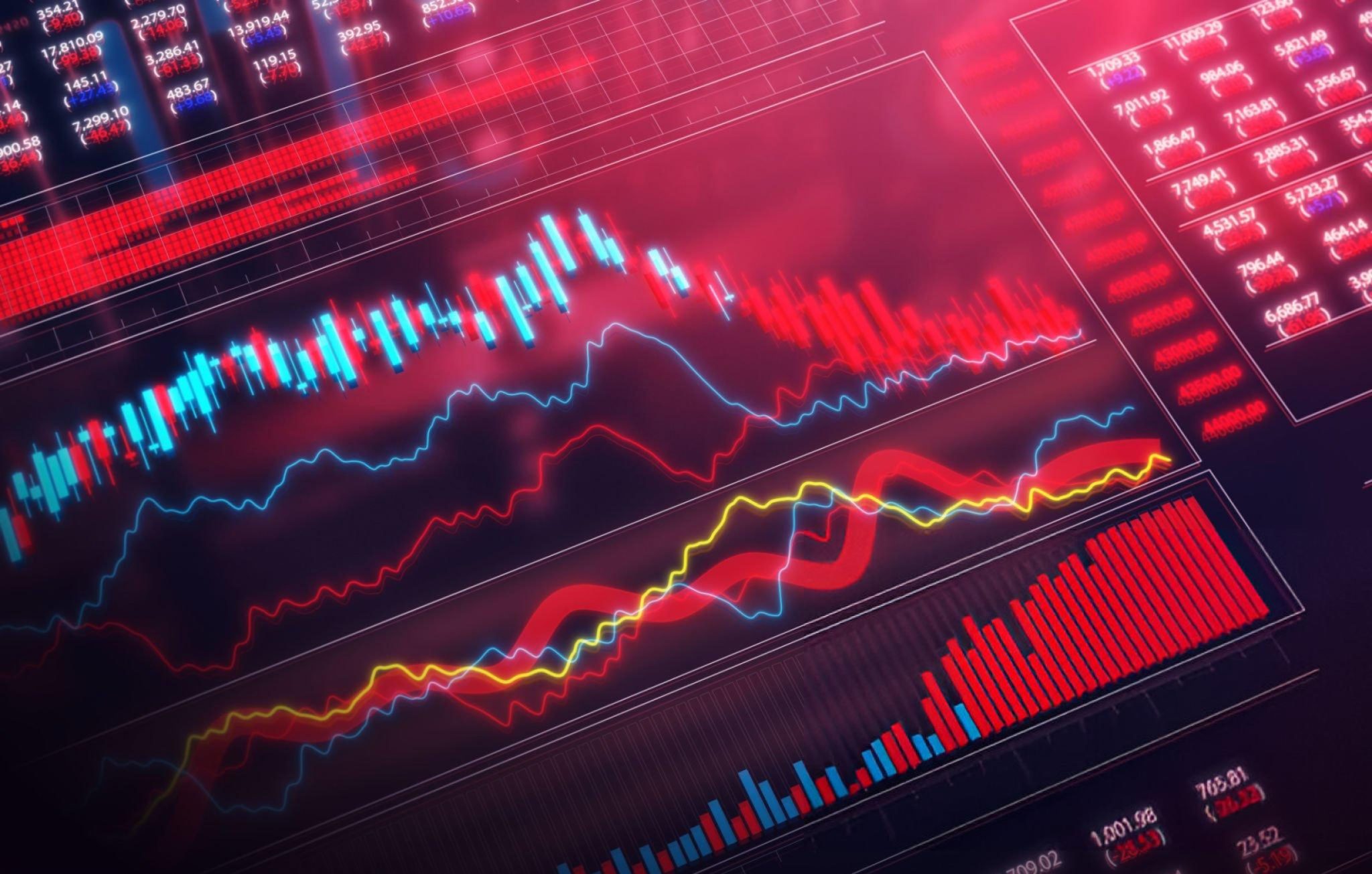Consumer confidence in the UK economy has fallen to its lowest point since the peak of the cost-of-living crisis, according to figures published this week by Which?’s Consumer Insight Tracker.
The survey, conducted in April, revealed that nearly two-thirds of respondents (64%) believe the economy will deteriorate further before it begins to improve. This gloomy outlook drove the overall economic confidence index down by seven points to -53 — the weakest figure recorded since December 2022, when inflation was running above 10% and household budgets were under severe strain.
When asked to explain their pessimism, 67% of those surveyed pointed to global events as a key reason, including international conflicts, trade tensions, and broader geopolitical instability. A further 63% highlighted rising prices as a major concern, while 60% cited recent government tax changes as contributing to their bleak outlook.
Household finances also under pressure
Confidence in future household finances also took a sharp hit, dropping ten points to -19 — the lowest level reported since July 2023. At the same time, confidence in current household finances fell by six points to -21.
These figures reflect the reality faced by many households still grappling with financial pressures, despite a slight easing in inflation in recent months. According to Which?, approximately 1.9 million households missed at least one essential payment — such as rent, mortgage, utility bills, credit card or loan repayments — in April, mirroring figures seen in March.
Of particular concern was a rise in the proportion of renters who reported missing rent payments. That figure climbed to 4.7% last month, underlining the continued strain on people living in private rental accommodation — many of whom have seen housing costs rise faster than earnings.
Millions still making financial adjustments
The survey also revealed that 13 million households — representing 46% of UK homes — had to make at least one financial adjustment to cover basic needs over the past month. These adjustments included cutting back on essentials such as food and fuel, dipping into savings, selling possessions, or turning to borrowing.
Although this figure represents a slight decline from March, when 51% of households reported making similar adjustments, it still paints a sobering picture of widespread economic hardship.
Call for stronger consumer protections
Rocio Concha, director of policy and advocacy at Which?, warned that falling consumer confidence could have broader implications for economic growth and urged the government to take more decisive action to support households.
“Our research shows consumer confidence in the future of the UK economy has fallen to the lowest levels seen since the height of the cost-of-living crisis,” she said.
“Consumer protections give people the confidence to spend, so whether it’s rooting out online fraudsters, taking down rogue traders or tackling misleading business practices, the Government must do more to place consumers at the heart of its plans to grow the economy and restore people’s confidence.”
Outlook remains uncertain
While inflation has eased from its previous highs and interest rates appear to have stabilised, consumers remain deeply wary about the future. Many are still dealing with the financial aftershocks of the energy crisis, food price inflation, and changes to tax and benefits.
With a general election on the horizon and global uncertainty showing little sign of abating, analysts warn that consumer sentiment could remain fragile in the months to come — particularly if wages fail to keep pace with the cost of living or further fiscal tightening is introduced.
As the UK heads into the second half of the year, restoring public confidence may prove to be one of the government’s biggest economic challenges.






